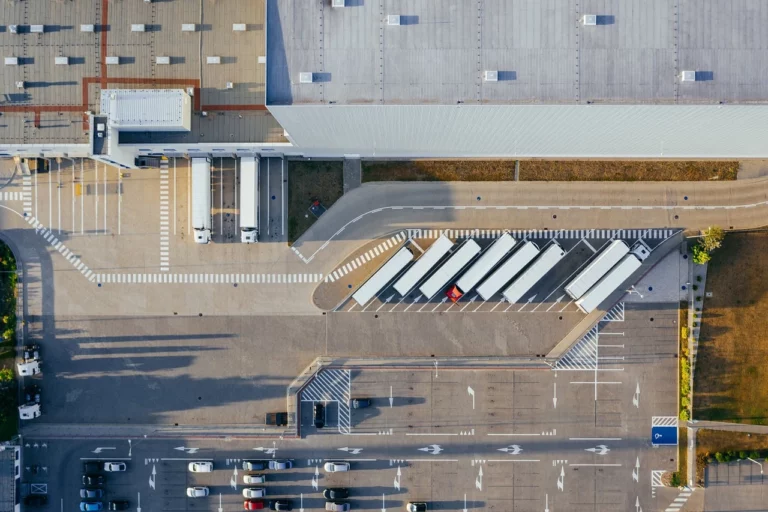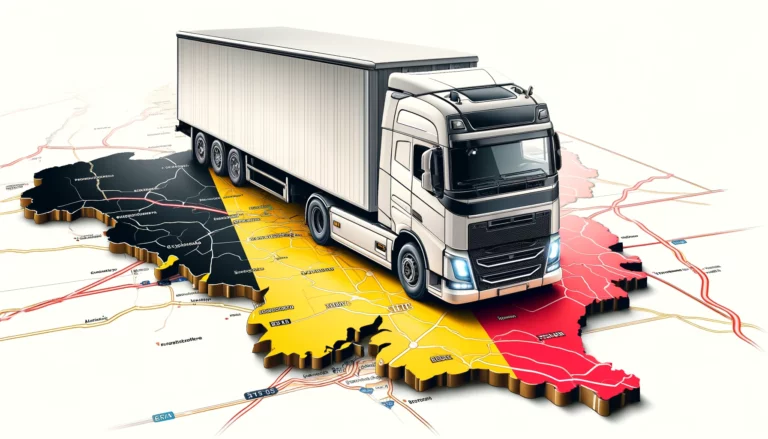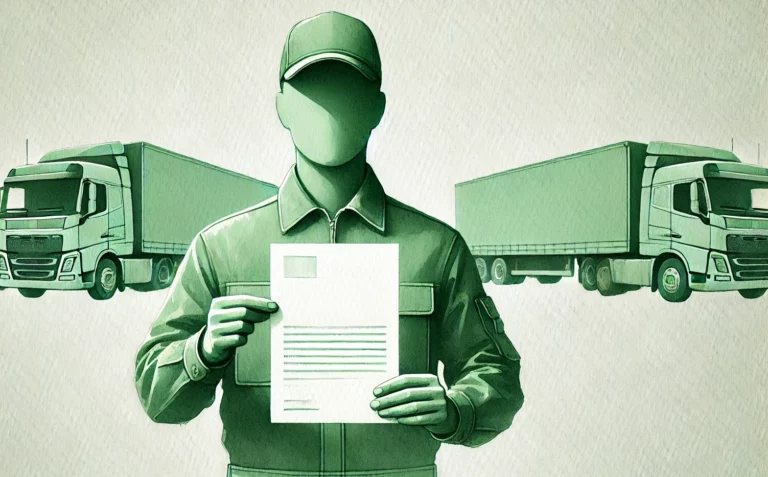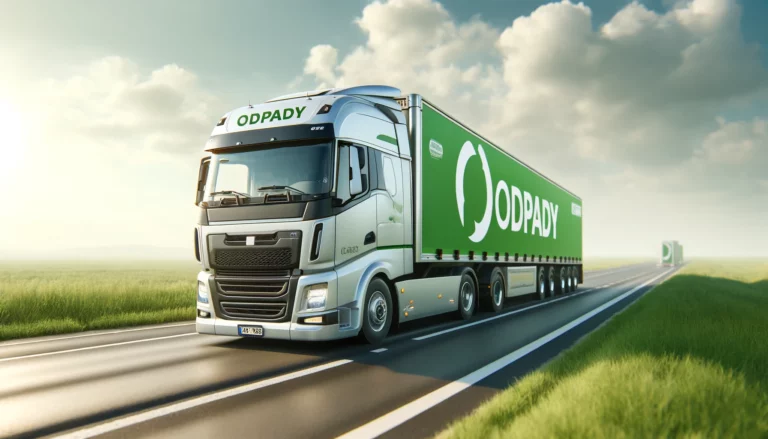Record keeping, transport and transfer of hazardous waste
The provisions of the Waste Act of 14 December 2012 impose an obligation on the entrepreneur to keep waste records. The regulations clearly specify that this should be done using documents such as waste record sheets, separate for each type of waste and a waste transfer card. What should be taken into account when deciding to entrust waste to a specialist company?
Waste registers - contact for keeping records in Poland
e.nadolna@ekologistyka24.pl , +48 881 045 376
j.blazewicz@ekologistyka24.pl , +48 500 867 153
Hazardous waste records
Any entrepreneur who takes over residues from another company must complete all the formalities involved. From 1 January 2021, he can only do this via the BDO system set up for this purpose. It must therefore keep records of the waste and confirm its receipt electronically. The relevant documentation is prepared by the waste producer or a representative appointed by him. This obligation also applies to the purchaser of the waste.
Transfer and recording of waste
When a transport company is involved in the transfer of waste, the party ordering the transport service gives the consignee's details on the KPO and indicates where the goods are to be unloaded. When the transport is completed, everything is documented on a card, issued via the electronic BDO system.
The need to complete a material transfer note may be waived where one of the parties is exempted from keeping compulsory waste records.
In another point, the law indicates that when a specific waste is transferred several times during a month by means of the same carrier to the same consignee, it is possible to draw up a collective KPO document.
The waste record card (KEO) certifies the registration of the same material but in different quantities. It is important to complete a separate document for each type of raw material.
The KEO should contain information on the amount of waste generated during the month. It should also specify the treatment adopted. For example, how much of it was disposed of, recycled or given to an external company. On the other hand, the recipient of the raw material is obliged to complete the card with information on its receipt and the way in which it is further managed.
Article 180 of the Waste Act of 14 December 2012 stipulates that a fine may be imposed on the trader for incorrect, untimely or factually inaccurate completion of the above documents. In a separate article her the amount is set at up to PLN 10,000 depending on the type of infringement. The penalty is imposed by administrative decision by the competent environmental inspector.
Keeping records of waste in BDO
Responsible economic activity and nature conservation are the foundations of sustainable development. In this context, keeping a hazardous waste record card is mandatory. This applies to dealers and brokers who must record the transfer of these substances. Documents must be prepared for each individual raw material. This approach ensures transparency.
It is possible to trace the path of raw materials - from their production through transport to their transfer to a recycling or disposal facility. Waste recording serves both the interests of the company and society as a whole, which ultimately benefits from a cleaner environment.
Find out more about obtaining a waste transport permit.







